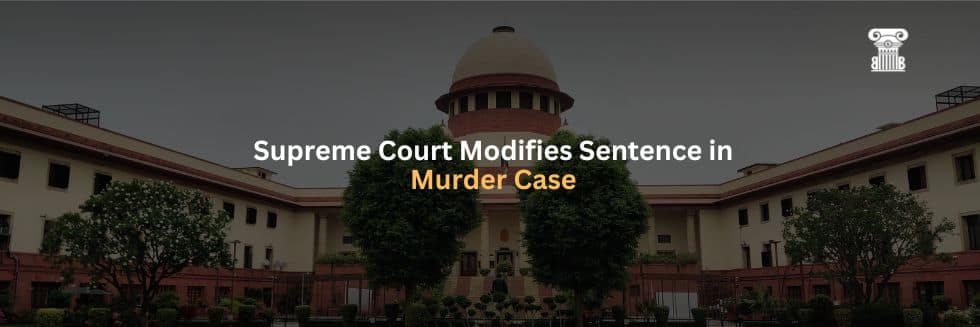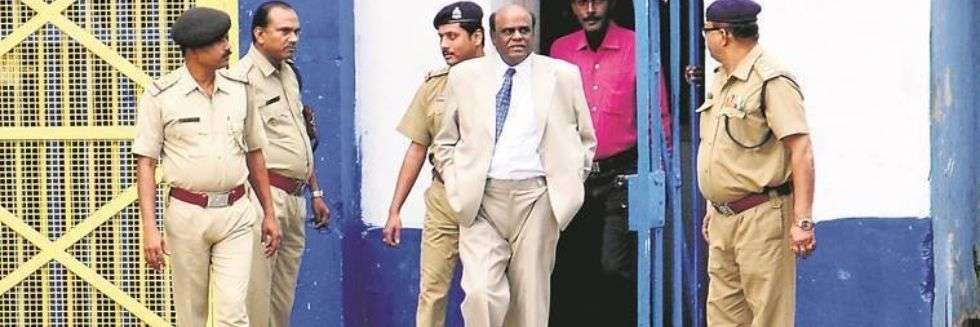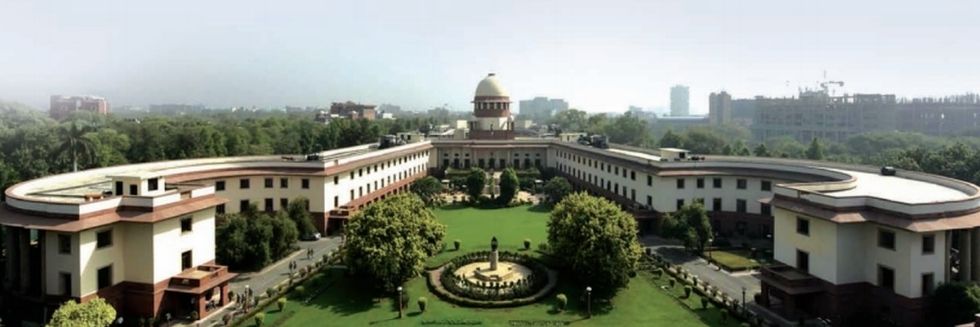In a recent development, the Supreme Court, presided over by Justices B R Gavai, K V Vishwanathan, and Sandeep Mehta, has passed a judgment in the case of Navas @ Mulanavas v. State of Kerala, concerning the remission of a murder convict.
The case revolves around an individual accused of murder, who had allegedly been involved in an illicit affair with a woman named Latha. This relationship resulted in a pregnancy that was subsequently terminated. Following the termination, Latha distanced herself from the accused, leading to escalating tensions that culminated in a tragic incident on the night of November 3, 2005.
The accused is alleged to have broken into the victim’s residence, armed with knives and an iron rod, resulting in the death of the victims and injuries to a person named Karthiayani Amma. The following morning, the horrific scene was discovered by a domestic helper, who alerted the neighbours, who in turn informed the police.
Upon arrival, the police found evidence of forced entry and discovered the deceased victims. The subsequent investigation and trial led to the conviction of the accused, primarily based on circumstantial evidence, as his version of events was deemed implausible.
The High Court upheld the conviction but modified the sentence. The death sentence was commuted to life imprisonment, with a stipulation that the accused should not be released for 30 years, inclusive of the period already served. Dissatisfied with the High Court’s judgment, the accused approached the Supreme Court, arguing that the 30-year sentence without remission was excessive and requested a more appropriate sentence to serve justice.
The Supreme Court did not interfere with the sentence imposed on the accused but agreed with the High Court’s application of the principle established in the case of Swamy Shraddananda.
However, the court decided to modify the sentence under Section 302 of the Indian Penal Code, 1860 (IPC) imposed by the High Court. Instead of 30 years imprisonment without remission, the court reduced it to 25 years imprisonment without remission, including the period already undergone by the appellant.
The court cited several landmark judgments in its decision. In Bachan Singh v. State of Punjab, (1980), the Supreme Court established the principle of sentencing in cases where the death penalty is not warranted by classifying crimes into the “rarest of the rare” category. This principle was further elaborated in Machhi Singh v. State of Punjab, (1983), emphasizing the consideration of aggravating and mitigating circumstances. In Swamy Shraddananda v. State of Karnataka, (2008), the Supreme Court held that to avoid a sentence of death, the courts can devise a graver form of sentence of imprisonment for life beyond fourteen years.
In Haru Ghosh v. State of West Bengal, (2009), the court, while commuting the death penalty, imposed a sentence of 35 years of actual jail sentence without remission, considering factors such as the lack of premeditation and the accused being the sole bread earner for his family.






